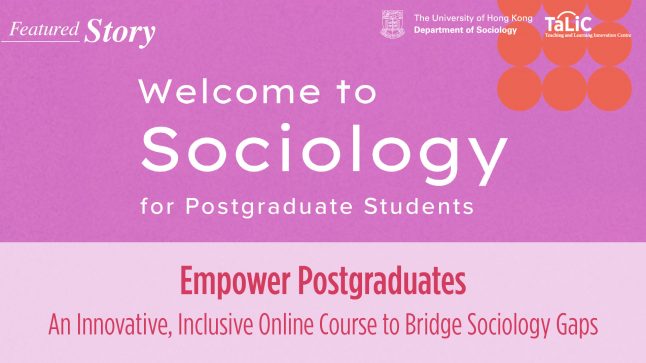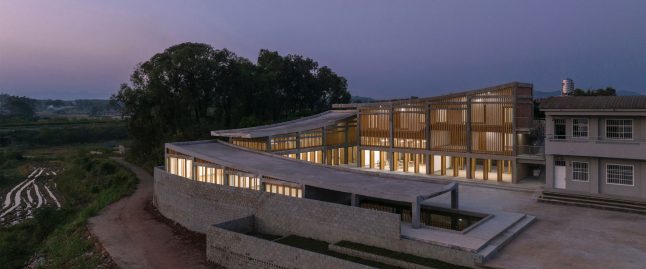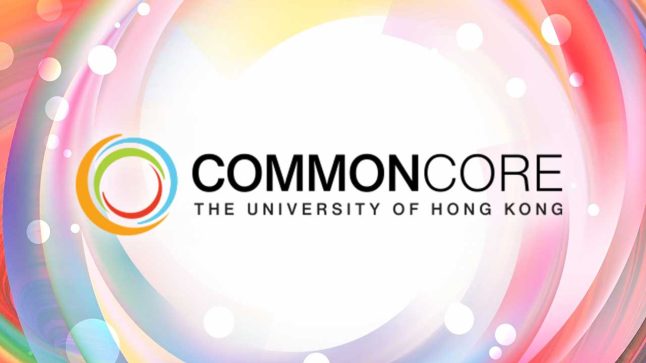
Politics and International Relations Professor David Held, whose work has been hugely influential in the areas of political theory, globalization and governance, shared with nearly 200 students, staff, and alumni on the underlying reasons for failures in global cooperation in the 21st century in his lecture “Gridlock: Why global cooperation is failing when we need it most”, which was held on March 19, 2013 in the Rayson Huang Theatre.
Professor Held pointed out that failure in global cooperation could be explained by a number of underlying factors coming together, and he called this situation “the gridlock”. Getting out of the gridlock is inherently difficult, not only because agreement on global policy is difficult, but that the previous phases of successful globalization had made many states increasingly inward-looking, which further exacerbated the mechanisms of the gridlock.
[bsbutton size=”large” style=”warning” icon=”icon-play” iconcolor=”white” text=”Learn more” link=”https://tl.hku.hk/common-core-distinguished-lecture-5-by-professor-david-held/” target=”This page”]







